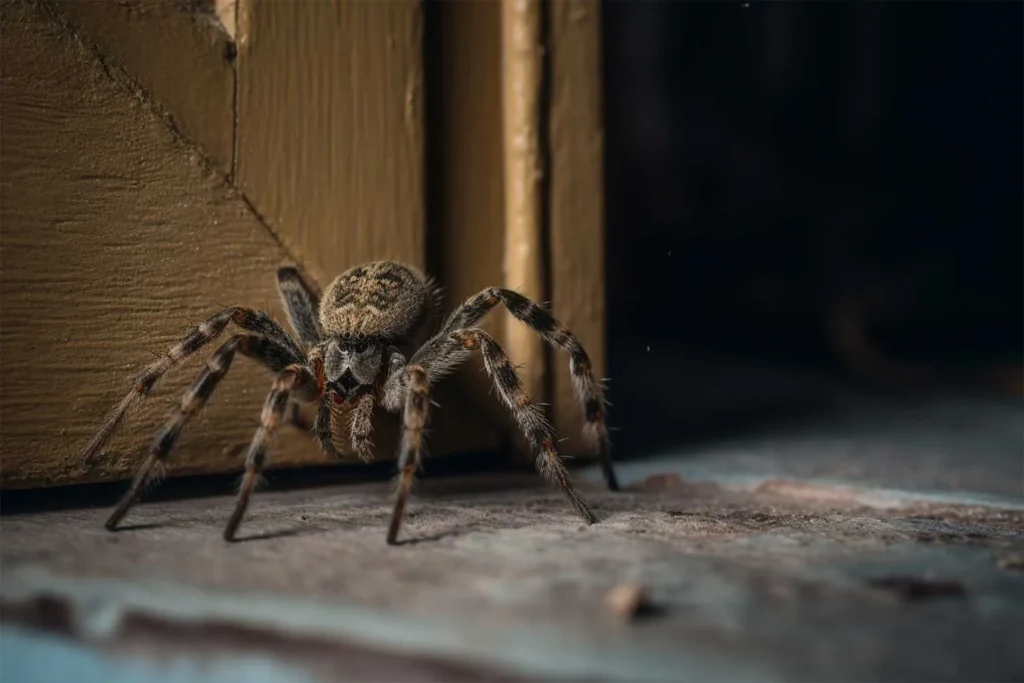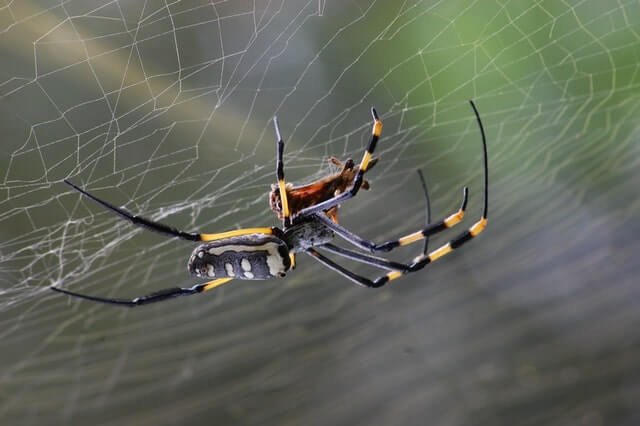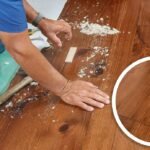Table of Contents
ToggleOverview: SPIDER CONTROL
Common household pests that many find uncomfortable include spiders. Having an excessive number of spiders in your home might be unsettling, even though the majority of them are benign and even helpful because they eat other insects.
Effective spider control techniques can help keep your house free of pests, whether you’re trying to eradicate an infestation of spiders or just want to keep them out of there.
This extensive guide will cover a variety of strategies for managing spiders in your home as well as pointers for locating local expert spider control services.

Understanding Spider Behavior:
Understanding how these arachnids behave is crucial before attempting any spider control measures. Spiders are drawn to places that are warm, damp, and have plenty of food sources. They frequently take refuge in isolated, dark spaces like closets, attics, basements, and room corners. Since their primary food source is insects, homes with high insect populations may draw more spiders.

Signs of a Spider Infestation:
Early detection of spider infestation symptoms is essential for successful management. Typical indications consist of:
1. Visible Spiders: The presence of spiders in your home, especially when they’re more numerous than normal, may be a sign of an infestation.
2. Spider Webs: Although not every spider spins a web, the existence of several webs in different parts of your house indicates a sizable spider population.
3. Egg Sacs: Spider egg sacs are tiny, spherical structures that might be discovered in nooks, beneath furnishings, or in other remote locations.
4. Dead Insects: Since spiders consume insects, having a lot of dead insects around your house may draw them.
- Spider Bites: Although uncommon, spider bites can happen when there is a serious infestation. Look for spider evidence if you discover bites on your skin that don’t seem to be related to spiders.

Now that you know what to look for, let's investigate practical methods for controlling spiders:
1. Reduce Clutter: In addition to giving spiders someplace to hide, clutter makes it more difficult to find and remove them. Regularly clean out and arrange closets, basements, and storage spaces to keep your house neat. When feasible, store objects in sealed containers to keep spiders from hiding in congested areas.
2. Seal Entry Points: Seal gaps, cracks, and openings around windows, doors, and utility penetrations to keep spiders out of your house. Sealing cracks in walls, floors, and foundations can be accomplished with caulk, weatherstripping, or expanded foam. To keep spiders out, fix window screens and door sweeps that are damaged.
3. Eliminate Food Sources: Since spiders are drawn to places where there is a lot of activity, you can discourage spiders by controlling the number of insects in and around your home. Keep your house tidy and free of food remnants, spills, and crumbs that could draw bugs. To avoid odors and attractants, use trash cans with tight-fitting lids and dispose of waste right away.
4. Remove Webs and Egg Sacs: Check your house frequently for spider webs and egg sacs, particularly in places where spiders are known to hide. Webs and egg sacs can be removed off walls, ceilings, corners, and other surfaces with a vacuum cleaner or brush. Gathered rubbish should be disposed of in a sealed bag to keep spiders away.
5. Use Natural Repellents: Spiders can be turned off by and discouraged from entering your home by certain smells and chemicals. In locations where spiders are common, think about using natural repellents such vinegar, peppermint oil, citrus essential oils, or cedarwood chips. Use these repellents to make a barrier that spiders are hesitant to cross on baseboards, windowsills, entrances, and other access sites.
6. Deploy Sticky Traps: Using sticky traps is a good technique to keep an eye out for and catch spiders in your house. Sticky traps should be placed in areas like baseboards, corners, and behind furniture where spiders are known to travel. To avoid contamination, make sure traps are checked frequently and get rid of any spiders or insects that are caught in a sealed bag.
7. Apply Insecticides: When dealing with significant spider infestations or ongoing issues, insecticides may be the last choice. Pick products with dedicated spider control labels and carefully read the directions. Insecticides should be sprayed in cracks, crevices, and other spider hiding places. For the safe and efficient application of pesticides, particularly in situations with extensive or ongoing infestations, think about using a professional pest control service.
Finding Spider Control Services Near You:
Consider working with a professional pest control provider if you have a serious spider infestation or would rather not tackle the issue yourself.
Companies that specialize in pest control have the skills, equipment, and resources necessary to get rid of spiders from your house and stop them coming back. To locate local services for controlling spiders, you can:
1.
Look Online: To locate pest control businesses in your area, use internet directories or search engines. Seek out businesses who have received great feedback and ratings from pleased clients.
Consult with friends, family, or neighbors who have previously dealt with spider infestations to get recommendations. Request suggestions and references for respectable local pest control businesses.
2.
Speak with Local Exterminators: Get in touch with pest control firms directly to find out about their spider control offerings. To be sure they fulfill your wants and objectives, enquire about their procedures, costs, and guarantees.
In summary:
Common household pests like spiders can be difficult to deal with, especially when they’re around in big groups. You can maintain a pest-free and peaceful home by employing efficient spider control techniques like clearing out clutter, caulking entryways, removing food sources, breaking up webs and egg sacs, utilizing natural repellents, setting up sticky traps, and using insecticides when needed. To get rid of spiders in your home and avoid more infestations, think about hiring a professional pest control service if you have a serious infestation or would rather not take care of it yourself. You and your family may have a clean, healthy living space and control spiders if you work hard and are persistent.




